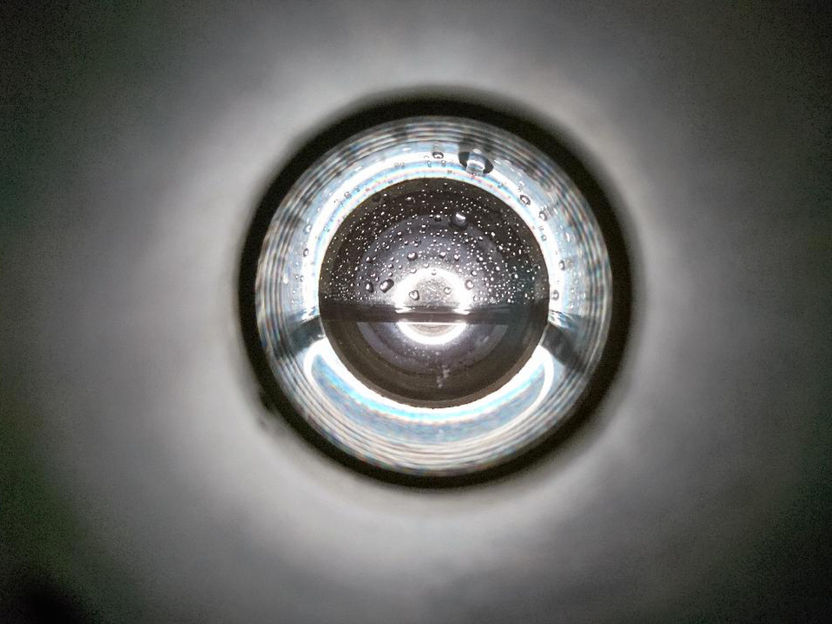New momentum for Open Access
Berlin Conference on the reorganisation of funding models for scholarly journals
A new approach should give a fresh boost to Open Access, the unrestricted online access to scholarly research articles. This is the result of an international conference in Berlin, where a process was initiated to transform subscription journals to Open Access. The key to this lies in the hands of the scientific institutions and their sponsors: Public resources that are currently spent on journal subscriptions would have to be converted into open-access publishing funds.
The conference, which was attended by more than 90 representatives of international science and research organizations from 19 countries, was hosted by the Max Planck Society. Opening the conference, President Martin Stratmann stated: "Free and immediate access to journal articles in the digital age is crucial for scientific progress. It is therefore time to make open access the standard model of publishing. To achieve this, we also want to convince the publishers of the merits of doing so.”
At the conference, extensive discussions were conducted about the conditions that are required to facilitate a conversion of scholarly journals from the subscription model to Open Access. "The results of this discussion with experts from around the world will be incorporated into an “Expression of Interest” clearly outlining the goal of transforming subscription journals to Open Access publishing", said Ulrich Pöschl, Conference Chairman and Director at the Max Planck Institute for Chemistry.
This 'Expression of Interest' is planned to be released in early 2016, building on the 'Berlin Declaration on Open Access to Knowledge in the Sciences and Humanities'. "Recent developments and studies have shown that such a transformation can be achieved with already existing financial resources. The actual implementation needs an international initiative to ensure a smooth and fast scholarly oriented transition in order to gain the full benefit of Open Access", said Ralf Schimmer from the Max Planck Digital Library. Against this background, scholarly organizations and research funding institutions worldwide will be invited to sign and actively support the 'Expression of Interest'.
The two-day meeting took place from December 8-9 as part of the internationally established dialogue forum of the Berlin conferences for Open Access. These conferences are based on the 'Berlin Declaration on Open Access to Knowledge in the Sciences and Humanities'. The Max Planck Society, whose central claim it is to make research results of scientists as openly accessible and freely usable as possible for the benefit of science and society, initiated the Declaration, which was adopted in 2003. Since then, the Max Planck Society has been committed to hosting the follow-up conferences. To this day, the 'Berlin Declaration' continues to receive fresh support, and has been signed by 530 institutions and organizations from around the world by now.
Organizations
Other news from the department science

Get the life science industry in your inbox
By submitting this form you agree that LUMITOS AG will send you the newsletter(s) selected above by email. Your data will not be passed on to third parties. Your data will be stored and processed in accordance with our data protection regulations. LUMITOS may contact you by email for the purpose of advertising or market and opinion surveys. You can revoke your consent at any time without giving reasons to LUMITOS AG, Ernst-Augustin-Str. 2, 12489 Berlin, Germany or by e-mail at revoke@lumitos.com with effect for the future. In addition, each email contains a link to unsubscribe from the corresponding newsletter.
Most read news
More news from our other portals
Last viewed contents
Furina
Opalinida



















































